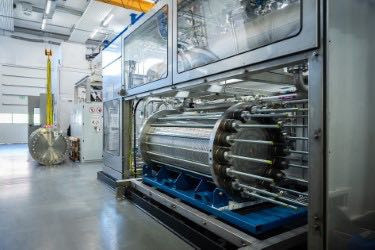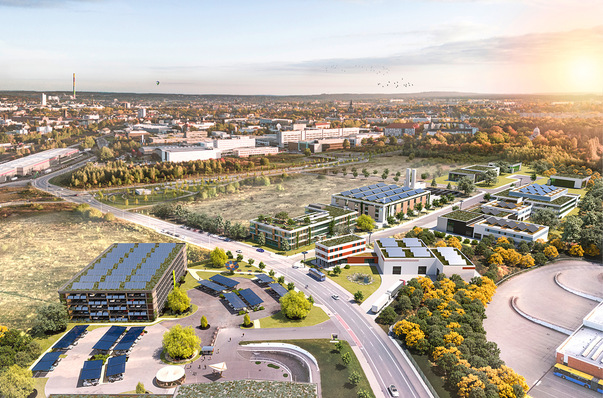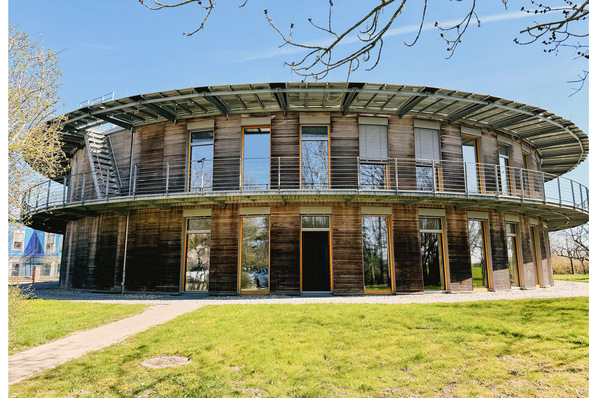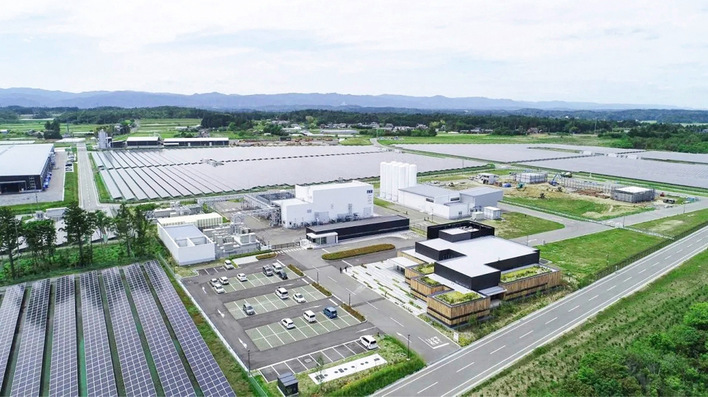The machine and plant manufacturer Ecoclean and the Center for Solar Energy and Hydrogen Research Baden-Württemberg (ZSW) are intensifying their cooperation in the field of alkaline pressure electrolysis (AEL). The focus is on the industrial series production of electrolysis stacks, which are key components that determine the efficiency of hydrogen systems.
The two partners began developing a modular electrolysis system as part of the “EcoLyzer BW” joint project at the start of 2022. This resulted in the EcoLyzer - a scalable solution for electrolysis systems with an output of 1 to 20 megawatts. Ecoclean started series production of these systems at the beginning of 2024.
The aim of the now expanded collaboration is to also automate the production of the stacks - consisting of numerous individual cells connected in series - and to implement them economically. “The quality and efficiency of the stack have the greatest influence on the efficiency of the overall system,” says Manfred Hermanns, Director Sales & Customer Services at Ecoclean. “The more efficiently it works, the more hydrogen is produced from the amount of electricity used.”
According to Hermanns, around 80 percent of the production costs of hydrogen depend on the price of electricity. Accordingly, the efficiency of the stack is crucial for profitability. Automated production can also reduce production costs while ensuring a high level of quality.
According to Ecoclean, another advantage of EcoLyzer technology is its independence from critical raw materials. Alkaline electrolysis requires neither rare earths nor precious metals. The underlying system technology has been developed and continuously optimized by ZSW over the past ten years. It is considered to be industrially established and is characterized by comparatively low investment costs. The stacks are produced in Germany. This is not only relevant for reasons of supply chain security, but also with regard to funding conditions, says Hermanns: "Industrial companies, local authorities and energy suppliers increasingly have to source products from Europe if they want to receive funding. We already meet these requirements 100 percent with our modular, alkaline electrolysers."






